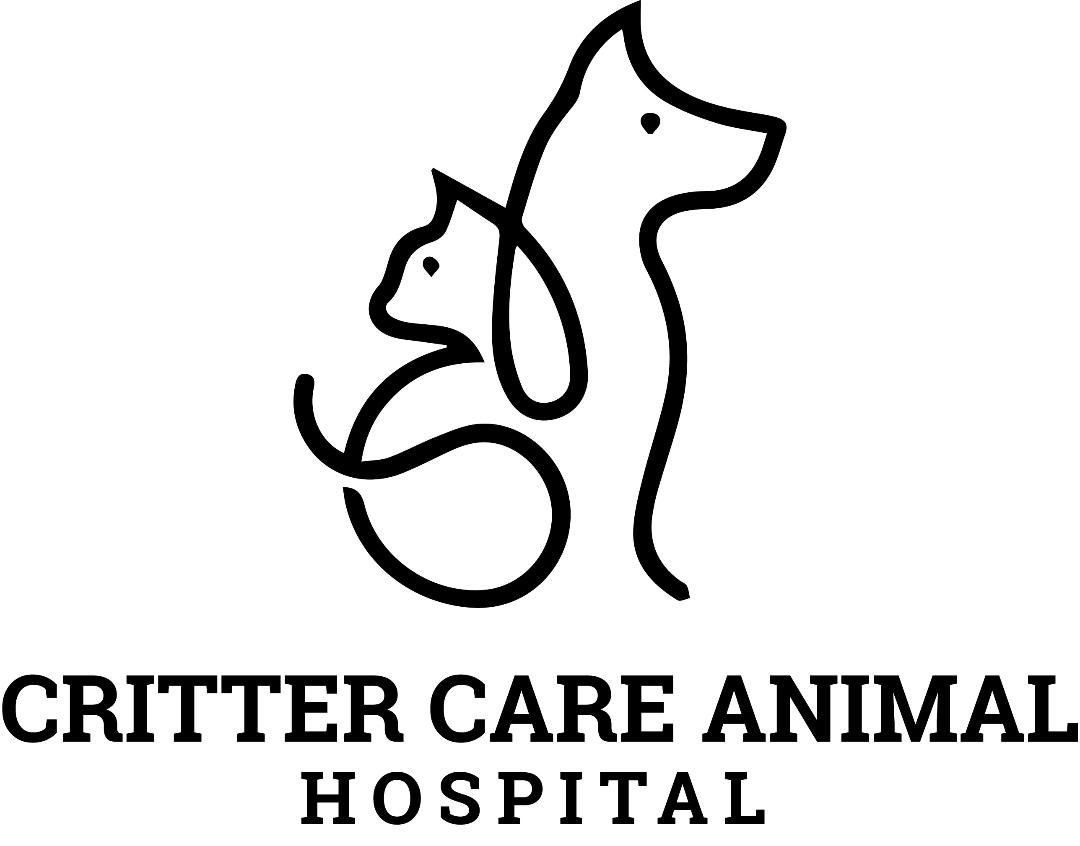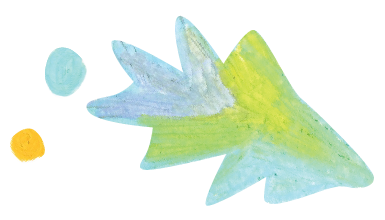Library
-
Leaky gut syndrome refers to an increase in the permeability of the intestines. This condition may be caused by any significant damage to the intestines. Acute cases of leaky gut may be caused by infection, trauma, toxins, or medication overdoses. Chronic cases, in contrast, may be caused by food allergies, long-term NSAID use, or other causes. Treatments will be targeted at the underlying disease causing your cat's leaky gut.
-
Leflunomide is an immunomodulating agent used to treat certain immune-mediated conditions in cats and dogs. It is used off label (extra label) in veterinary medicine. Leflunomide comes in a tablet form that may be specially compounded into a liquid. Wear gloves when handling and do not handle if pregnant or nursing.
-
Lenticular sclerosis is the term for a bluish, transparent haze that develops in the lens of the eye in middle-aged to senior cats. Vision does not appear to be significantly affected. While the exact mechanism is poorly understood, it appears that the lens gradually becomes denser or harder with age. There is no specific treatment for lenticular sclerosis, nor is treatment necessary.
-
Tooth Resorption in Cats
Una de las enfermedades más frecuentes en la práctica veterinaria en gatos son las lesiones de resorción oral felinas (LROF). Estas lesiones también se llaman cavidades, caries, lesiones del cuello cervical, resorciones de la raiz internas o externas, o erosiones de la línea cervical. Las LROF normalmente se encuentran en la parte exterior del diente, en el área donde el diente se une con la encía.
-
Levetiracetam is given by mouth or injection and is used off label to treat seizures and epilepsy. Give as directed by your veterinarian. Common side effects include sleepiness and incoordination in dogs and decreased appetite, incoordination, drooling, and sleepiness in cats. Do not use levetiracetam in pets that are allergic to it. If a negative reaction occurs, please call your veterinary office.
-
Levothyroxine is thyroid hormone replacement given by mouth in the form of a tablet or capsule. It is used to treat hypothyroidism and its use in cats and certain exotic animals is off label. This medication should not be used in pets with certain heart conditions, untreated Addison's disease, or hyperthyroidism.
-
Lidocaine/lidocaine combinations topical are local anesthetics that provide anesthesia (a numbing effect) to the skin in cats, dogs, and other animals. Combination products may contain other local anesthetics, antibiotics or antimicrobials, steroids, antihistamines, and/or cleansing agents.
-
Crate training is most used with dogs, but it can be useful for kittens and cats too. Crate training is useful in many situations, such as providing a safe place when home alone or unsupervised. Cats that are calm in their crates experience less distress when they need to travel, visit the veterinary hospital, or stay at a boarding facility. Starting while your cat is young makes training easier, but even adult cats can be trained to relax in a crate. If your cat shows signs of distress (e.g., prolonged vocalization, trying to escape, salivation, rapid continuous movement) while using the training methods provided in this handout, consult your veterinarian.
-
Lime sulfur topical is a leave-on agent used to treat fungal skin infections such as ringworm (dermatophytosis) and topical yeast infections (Malassezia dermatitis) in dogs, cats, puppies, kittens, and horses. Lime sulfur topical can also be useful in the treatment of several species of skin and fur mites and lice.
-
Lincomycin is given by mouth or injection and is used on and off label to treat certain bacterial infections. Give as directed by your veterinarian. Common side effects include vomiting, diarrhea, or drooling. Do not use in pets that are allergic to it or similar drugs, in pets with a candida fungal infection, very young pets, or in rabbits, hamsters, guinea pigs, or horses. If a negative reaction occurs, please call the veterinary office.

